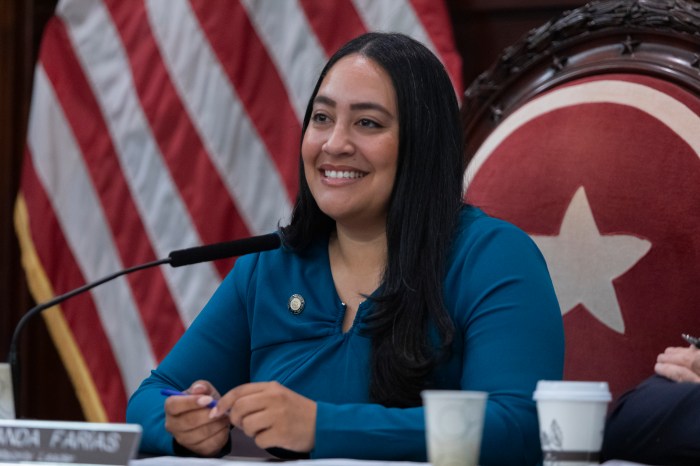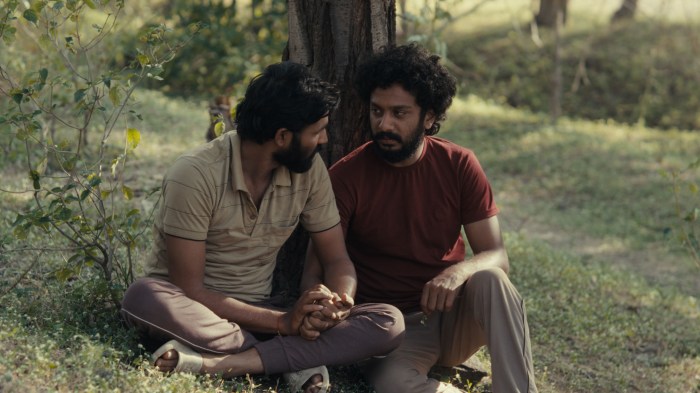We are a nation born of protest. We are molded by it. And not always peacefully.
Everyone can cite the seminal American tax revolt, the Boston Tea Party, usually fondly. You could say that colonists, feeling abused by a British government in which they had no elected representatives, protested. But considering the amount of tea that got tossed in Boston Harbor, “rioted and looted” is just as fair a description.
Protests in this nation have sprung from every part of the political spectrum on seemingly every important issue. Pro-segregation and anti-segregation forces protested from the Old South to South Boston as the nation’s schools were integrated. Those who sought peace marched and chanted to end our involvement in Vietnam and Iraq, and were often met with the slogans and songs of those who disagreed.
Just a few years ago, a new “tea party” gathered to fight high taxes and a government it believed was too big and intrusive. And Occupy Wall Street banded together to oppose the power of big banks and special interests and a society they believed worked only for “1 percenters.”
For the past several months, we’ve seen protests in NYC and around the country in response to unarmed black men dying during conflicts with police or while in custody. The violence caught the nation’s attention when Michael Brown was killed in Ferguson, and anger increased when the police officer responsible for that death wasn’t charged. Additional deaths in Staten Island, Cleveland and North Charleston, South Carolina, kept the outrage alive. And with the death of Freddie Gray in Baltimore, the anger again flared into public protest.
These deaths and a police culture that seems to lead to such deaths are worth protesting. And protesting works. It helped stop a war in Vietnam that people could no longer stomach. It helped begin to reverse the embedded racism in this country that people would no longer support. It puts pressure both on regular people and politicians to rethink their stances and actions.
We oppose violence and the destruction of property. But protests? To oppose those would be un-American.




































